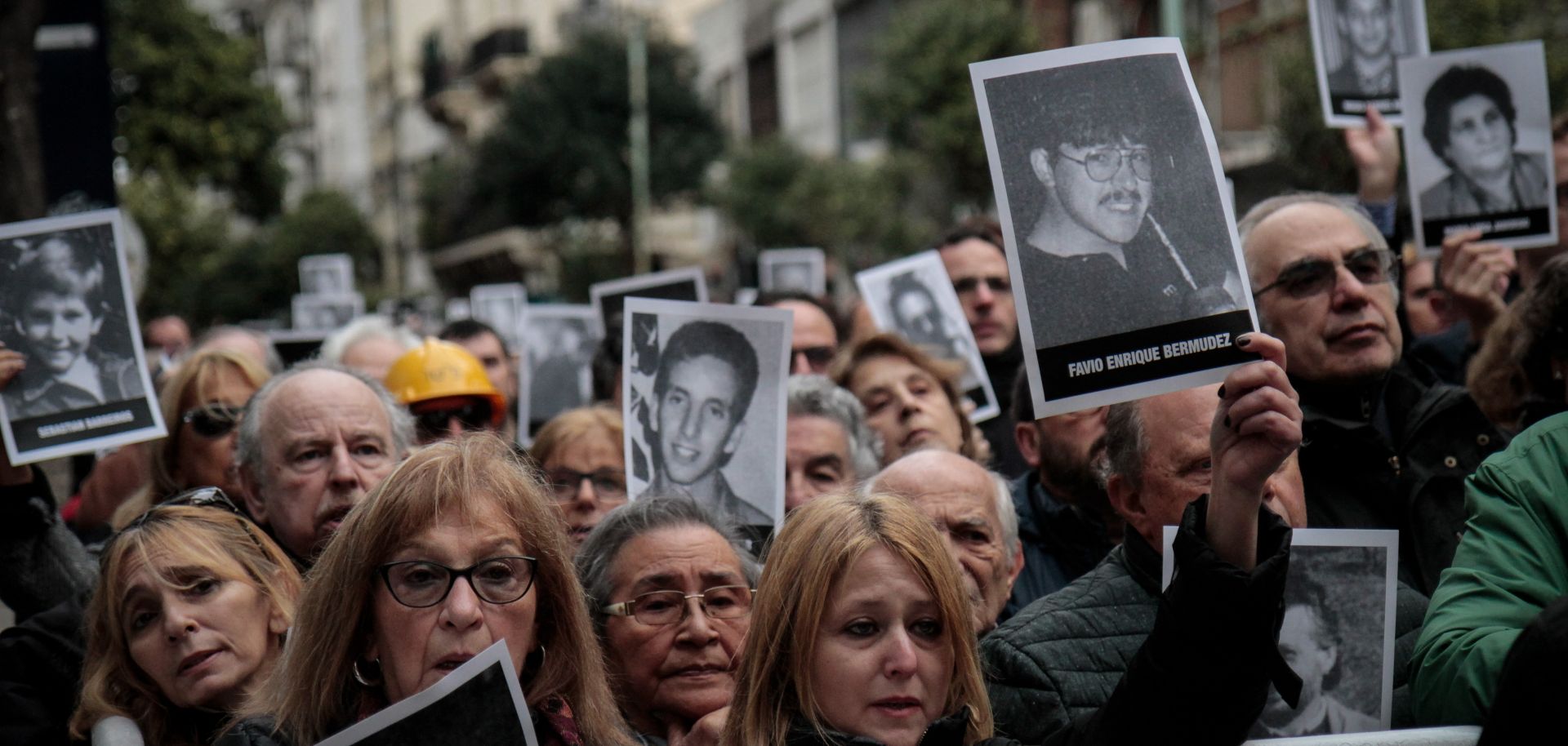
Terrorist attacks and criminal operations often require meticulous planning and preparation. This process takes place in a six-stage attack cycle: target selection, planning, deployment, the attack, escape and exploitation. During the target selection and planning stages, terrorists conduct preoperational surveillance to determine the target's patterns of behavior if it is an individual or possible weaknesses and attack methods if the target is a building or facility. After a target is selected and surveilled, operational planning for the actual attack begins. During this phase, the who, how, where and when of the attack are determined. To make these decisions, the plotters must conduct more surveillance, initiate logistic support and assemble the attack team. When the planning stage is complete, the terrorists deploy for the actual attack — the point of no return. In the deployment stage, the attackers will leave their safe houses, collect any weapons, assemble any improvised explosive devices being used, form into teams and move to the location of the target.
If counterterrorism and law enforcement personnel have not stopped them by this point, the terrorists will press home their attack. In the beginning phases of the terrorist attack cycle, planners must determine the method of escape and the precise timing for implementing the escape plan. Without such planning, those carrying out attacks are further vulnerable to detection and capture — an eventuality that risks limiting future operations due to the loss of the operatives and also to the intelligence that law enforcement can glean from the detainees. (In suicide attacks, militants obviously do not need to take into account an escape route.) After the perpetrators successfully stage an attack and escape, they will attempt to derive additional value from it by generating publicity. The goal — beyond flaunting the success and spreading terror — is to gain wider support and sympathy from those most inclined to agree with the perpetrators' goals and tactics. The best way to elicit widespread coverage, of course, is to carry out spectacular, brazen and particularly violent acts or attacks against prominent people — meaning potential media reaction is considered during the target selection phase of the attack cycle.



